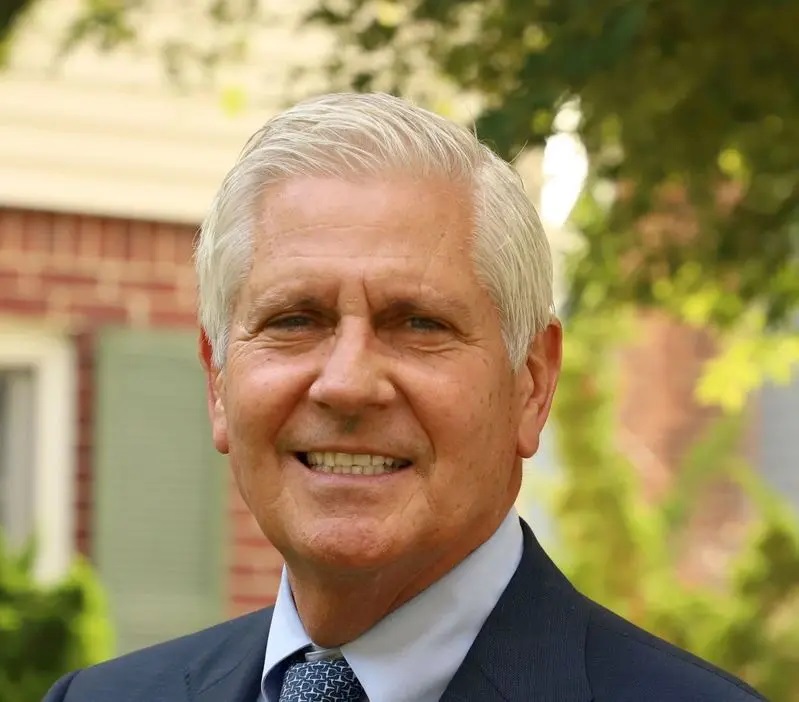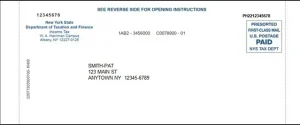Nassau County signs executive order allowing police to wear masks during certain investigations

On the 11th, Bruce Blakeman, the mayor of Nassau County, Long Island, signed an executive order allowing federal, state and local law enforcement agencies to wear masks or face coverings in “specific cases” such as immigration enforcement, drug and gang investigations to protect the identity and safety of law enforcement officers. The executive order is considered to be an amendment and exemption to the strict mask ban passed by the Nassau County Legislature last year, and refers to the duty practices of the federal Immigration and Customs Enforcement (ICE).
Blakeman said that the adjustment was due to recent incidents in many places where protesters targeted police or ICE agents and even exposed their personal information. Last month, when Long Island Department of Homeland Security agents cooperated with ICE investigations, they were protested and clashed by residents on the street, causing the agents to wear masks and leave in a hurry and cause a car accident.
Blakeman emphasized that masks are only used when conducting sensitive investigations. Patrol officers are not allowed to wear them, and they will not be used when stopping drivers to avoid violating the existing regulations of the Nassau Police Department. He criticized opponents for their double standards, saying that “people who once opposed the mask law now believe that law enforcement officers cannot wear masks to protect themselves when investigating sensitive cases. This is very contradictory.”
According to the content of the executive order, all federal, state and local law enforcement officers can wear masks or face coverings at their discretion when “maintaining personal and family safety, or ensuring the integrity of law enforcement operations.” Nassau County Police Chief Patrick Ryder added that all police officers must still wear name tags and police numbers in accordance with state law, and will not wear masks during routine patrols.
This move comes at a time when mask management in many parts of the country is heating up, especially in the context of ICE’s enhanced law enforcement and large-scale immigration sweeps, law enforcement officers are paying more and more attention to personal safety and personal information protection. In February of this year, Nassau County signed a cooperation agreement with ICE, allowing 10 county police officers to join the federal task force to assist in the arrest of people without legal status, and set up 50 detention beds for the temporary detention of ICE immigrant arrestees.
Many Chinese living and working in Long Island have reported that the recent frequent inspections of undocumented immigrants have made many undocumented immigrants “dare not go to work in Long Island”, and many bosses are unwilling to hire such employees. A Chinese employee who runs a local car wash said frankly that many employees in the store have no identity, especially in industries such as delivery, housekeeping, and construction, “almost one-third of the undocumented people I met accounted for.” Some residents also admitted that some nail salons and other service industries on Long Island also generally employ new immigrants, and now the atmosphere has become particularly tense.
Background shows that since Nassau County signed a cooperation agreement with ICE in February this year, the county’s East Meadow Prison has detained more than 1,400 immigrants in five months, of which 50 cells are reserved for temporary use by ICE. According to the agreement, the Nassau County Police and Sheriff’s Department can hand over arrested undocumented immigrants to ICE for up to 72 hours before transferring them to a federal long-term detention center. In response, the American Civil Liberties Union (ACLU) and several immigration organizations said they would continue to pay attention to the impact of this cooperation on the community, and questioned the fact that many detainees were only involved in misdemeanors or no criminal charges, which may involve constitutional rights disputes.
![]()




